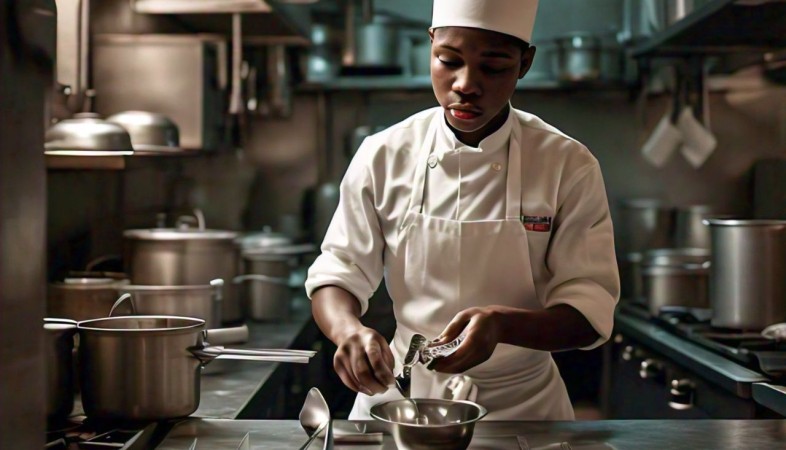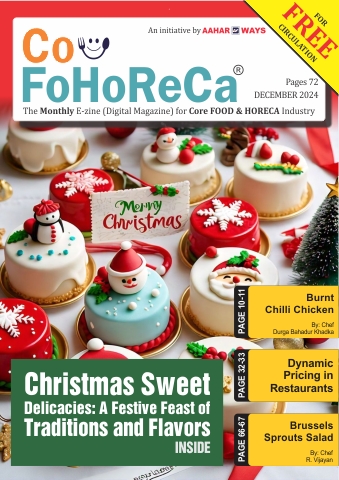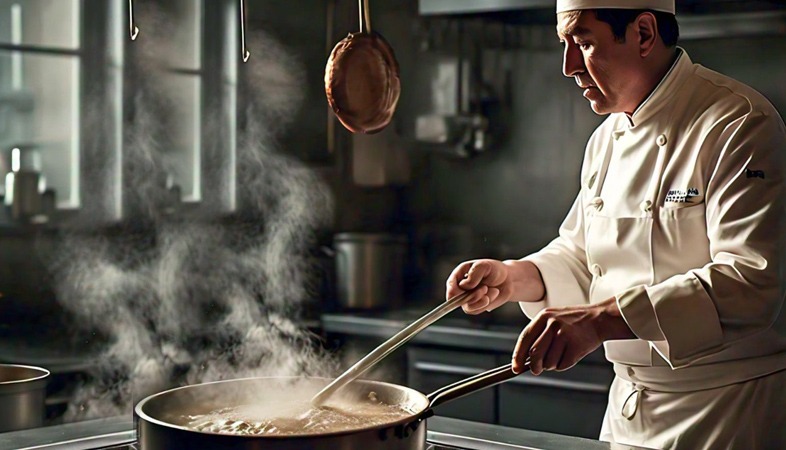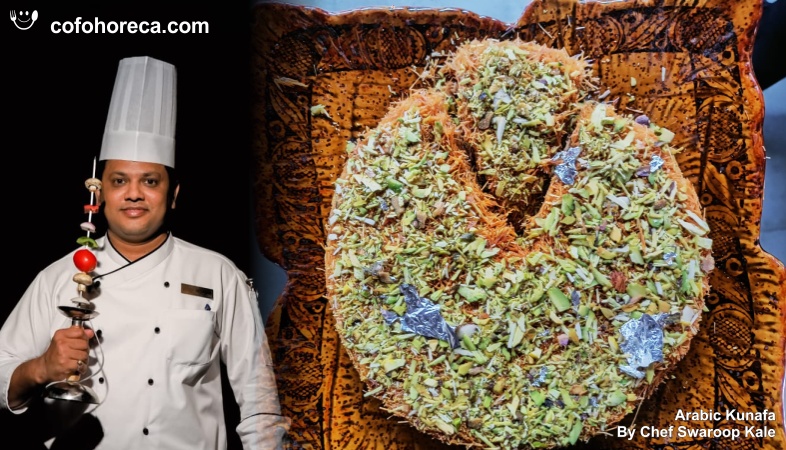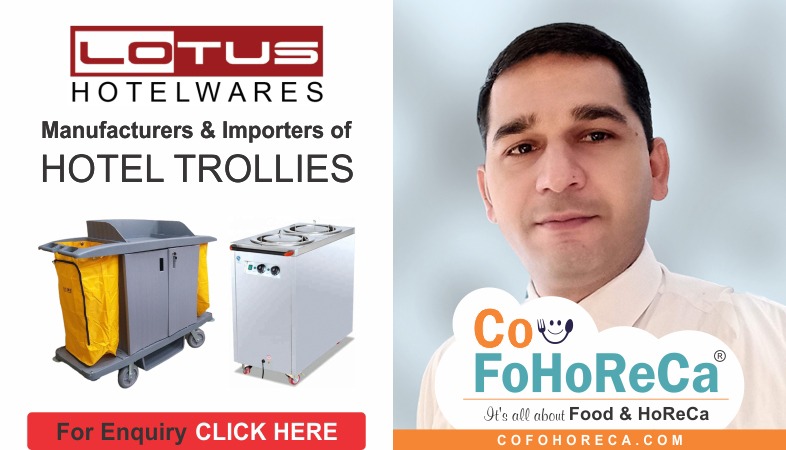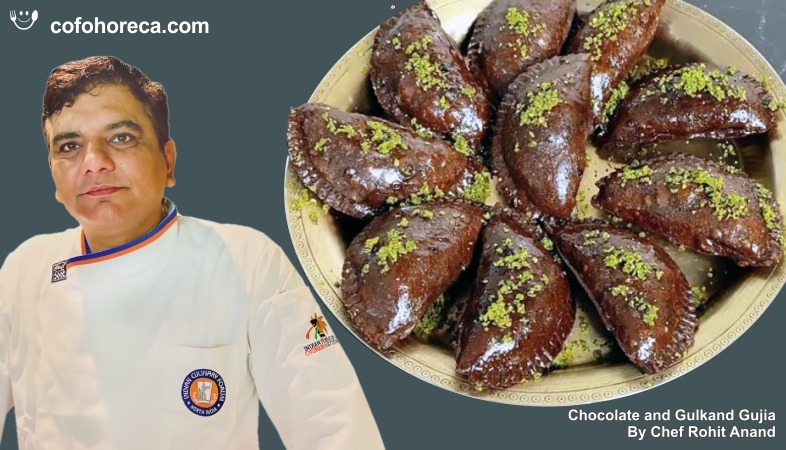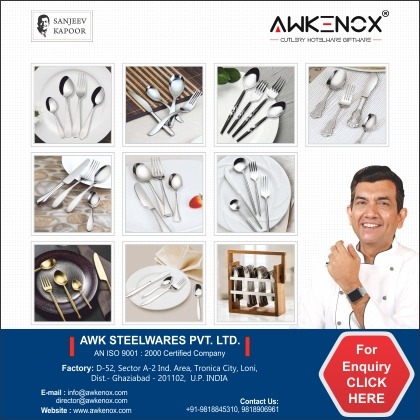How Stewards Handle Specialty Equipment Cleaning and Care
Understanding the best practices for handling this equipment is essential for stewards to provide efficient and effective support to the culinary team.
In the bustling environment of a commercial kitchen,
stewards play a crucial role in maintaining not only cleanliness but also the
longevity and functionality of specialty equipment. These specialized tools,
ranging from high-end mixers and food processors to intricate coffee machines
and sous-vide devices, require specific cleaning techniques and care to ensure
they perform optimally. Understanding the best practices for handling this
equipment is essential for stewards to provide efficient and effective support
to the culinary team.
The first step in specialty equipment cleaning begins with thorough training. Stewards must be educated on the various types of equipment used in the kitchen, including their components, functions, and cleaning requirements. This knowledge empowers them to recognize which tools require special attention and what cleaning agents or methods are appropriate for each piece. For instance, while some surfaces may withstand harsh chemicals, others may need gentle cleansers to avoid damage.
Safety is paramount when cleaning specialty equipment. Stewards must always follow safety protocols, which include wearing appropriate personal protective equipment (PPE) such as gloves and goggles, particularly when dealing with powerful detergents or hot surfaces. They must also be trained to understand the equipment's operational guidelines to ensure that cleaning occurs when machines are cool and unplugged, reducing the risk of accidents.
One key aspect of cleaning specialty equipment is disassembly. Many pieces of equipment, like blenders or food processors, have removable parts that need to be disassembled for effective cleaning. Stewards are responsible for carefully taking apart these machines, ensuring that all detachable components are cleaned thoroughly. It’s essential that they follow the manufacturer’s instructions regarding disassembly and reassembly to avoid any mishaps that could lead to malfunctions or damage.
Once disassembled, each component must be cleaned according to its material. For instance, glass containers may require a different approach than metal or plastic parts. Stewards use appropriate cleaning solutions and tools, such as soft sponges or brushes, to avoid scratching or damaging delicate surfaces. Additionally, they must pay attention to areas that can harbor bacteria, such as seals and blades, ensuring that every nook and cranny is sanitized.
After cleaning, proper drying techniques are also crucial. Specialty equipment components should be thoroughly dried before reassembling to prevent moisture buildup, which can lead to rust or mold. Stewards often use clean cloths or air-drying methods, depending on the material. They must also ensure that all surfaces are completely dry to maintain the equipment's integrity.
Another important responsibility of stewards is to perform regular maintenance checks on specialty equipment. This involves inspecting machines for any signs of wear or damage, such as frayed cords, leaks, or unusual noises. By identifying potential issues early, stewards can communicate with the kitchen team and schedule repairs or replacements before equipment failure disrupts operations.
In addition to regular cleaning and maintenance, stewards should also be familiar with the proper storage of specialty equipment. Many tools, especially those with intricate parts, require specific storage conditions to prevent damage. For example, certain blades may need to be stored in protective sheaths, while mixers should be kept in dust-free environments. Educating the entire kitchen staff about the importance of proper storage can further prolong the life of the equipment.
Effective communication between stewards and kitchen staff is essential in maintaining specialty equipment. Stewards must relay any issues or concerns promptly, ensuring that the culinary team is aware of the equipment's condition. This collaboration fosters a culture of care and respect for the tools that are essential in delivering quality food to guests.
The role of stewards in handling specialty equipment cleaning and care is vital for the smooth operation of a commercial kitchen. Their training, attention to detail, and commitment to safety and maintenance ensure that the equipment remains in top condition. By implementing best practices in cleaning, drying, and storage, stewards contribute to the overall efficiency and effectiveness of the culinary team, ultimately enhancing the dining experience for guests. The art of stewarding not only supports the kitchen but also plays a significant role in upholding the standards of excellence in the hospitality industry.
.png)


